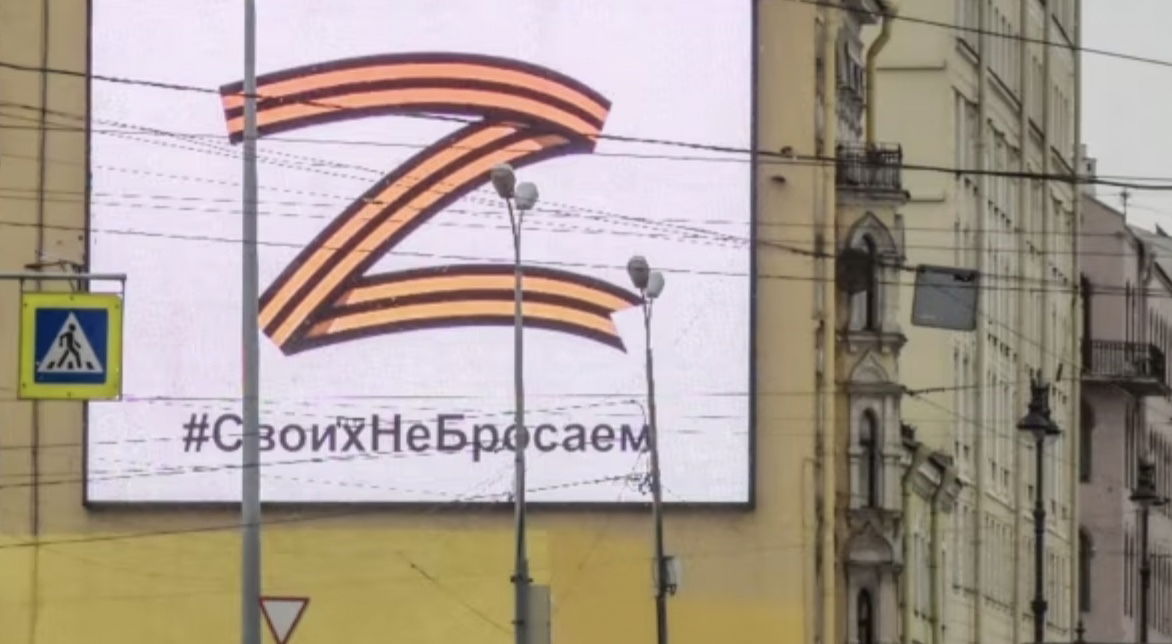'Truth with a Z: disinformation, war in Ukraine, and Russia’s contradictory discourse of imperial identity'

This article by Vera Tolz and Stephen Hutchings offers a qualitative analysis of how, by adopting identity-related discourses whose meanings resonate within a given culture, Russian state propaganda strives to bolster “the truth status” of its Ukraine war claims. These discourses, we argue, have long historical lineages and thus are expected to be familiar to audiences. We identify three such discourses common in many contexts but with specific resonances in Russia, those of colonialism/decolonization, imperialism, and the imaginary West. The article demonstrates that these same discourses also inform war-related coverage in Russophone oppositional media. Russian state-affiliated and oppositional actors further share “floating signifiers,” particularly “the Russian people,” “historical Russia,” “the Russian world,” “Ukraine,” “fascism/Nazism,” and “genocide,” while according them radically different meanings. Overall, our findings highlight the importance of studying how state propaganda works at the level of discourses, and the acutely dialogical processes by which disinformation and counter-disinformation efforts are produced and consumed.
Available via Open Access at:
https://www.tandfonline.com/doi/full/10.1080/1060586X.2023.2202581